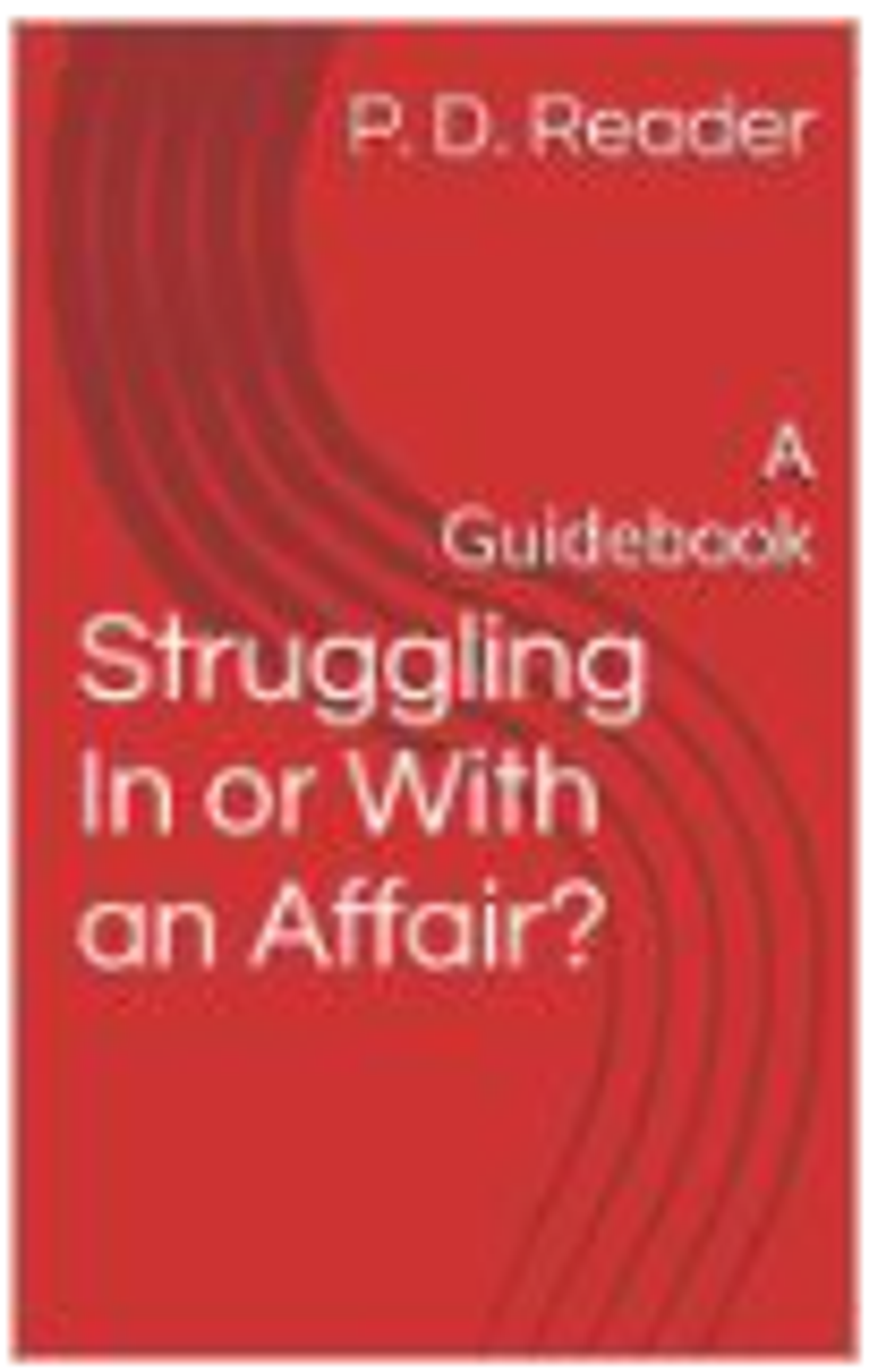ARTICLE OF THE DAY ARCHIVE: A Collection of the Best Articles and Podcasts on Infidelity from Experts and People Who’ve Been There.
NEW ON THE BLOG: TEN YEARS AFTER THE AFFAIR, WHAT HAVE I LEARNED? Ten years of wisdom for fifteen minutes of your time.
”It’s really best, says therapist Mark Smith, and he’s right, for the husband and wife to heal from childhood emotional injury together and within their marriage and family.”

Whether you’re reeling or trying to decide what to do, here’s all the things you didn’t know about infidelity before now.
Featured Article of the Day —the best articles and podcasts on infidelity you haven’t found yet.
If you feel like this, you COULD be headed for an affair!!
To Help You Cope …
Our Publication on Medium
Also on Substack
The Thinking Other Woman’s pieces on YourTango


